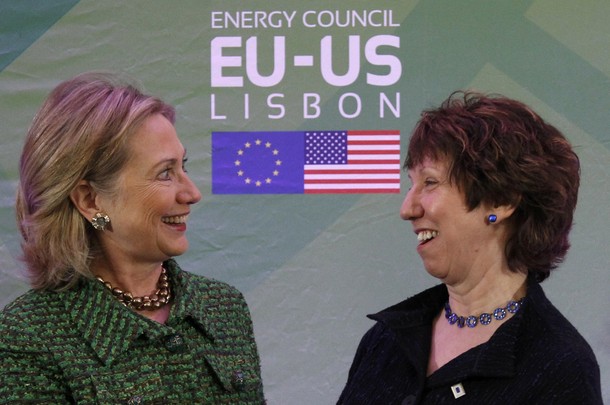
From Martin Kettle, the Guardian: The great achievement of Nato is that it has helped to keep the peace in Europe – with occasional exceptions – for more than 60 years. The longer this peace lasts, and the more distant the memory of war becomes, the more it needs to be reiterated that this is an epochal achievement on the grand historic scale. With Remembrance Day still fresh in the mind, the point may need less assiduous underlining. That all this suited US interests is true; but it unquestionably suited yours and mine too.
And yet, 65 years since the guns fell silent, what were once common interests have naturally diverged and developed in different ways. It is no longer true that the European nations and the US have common foreign and security interests, as they once did. The Nato 28 are not united on Afghanistan any more than they were on Iraq, or for that matter on Georgia. Nor would they stand as one if Nato somehow became embroiled in a future crisis in Belarus, the Maghreb, the Middle East or even Taiwan. America no longer looks at the world through a European prism. …
There are better alternatives. More honourable ones too. The European members of Nato could all spend more as well as more smartly, perhaps making the 2% of national income on defence target a common goal, like the 0.7% pledge on aid. That way, Europe could increase its role in Nato or focus its defence policy in new and more independently European ways. [NATO Secretary General Anders Fogh] Rasmussen‘s new strategic concept document will set out all the reasons – cyber, terrorist, ballistic and nuclear – as to why the defence and security job has to be done, in our name and whether we like it or not. If we don’t own it, pay for it and do it ourselves in our way, it will be done by the Americans in theirs. And in two years’ time, if recent reports are to be believed, that might even mean by Sarah Palin. (photo: Reuters)
Image: reuters%2011%2019%2010%20Hillary%20Clinton%20Catherine%20Ashton.jpg
